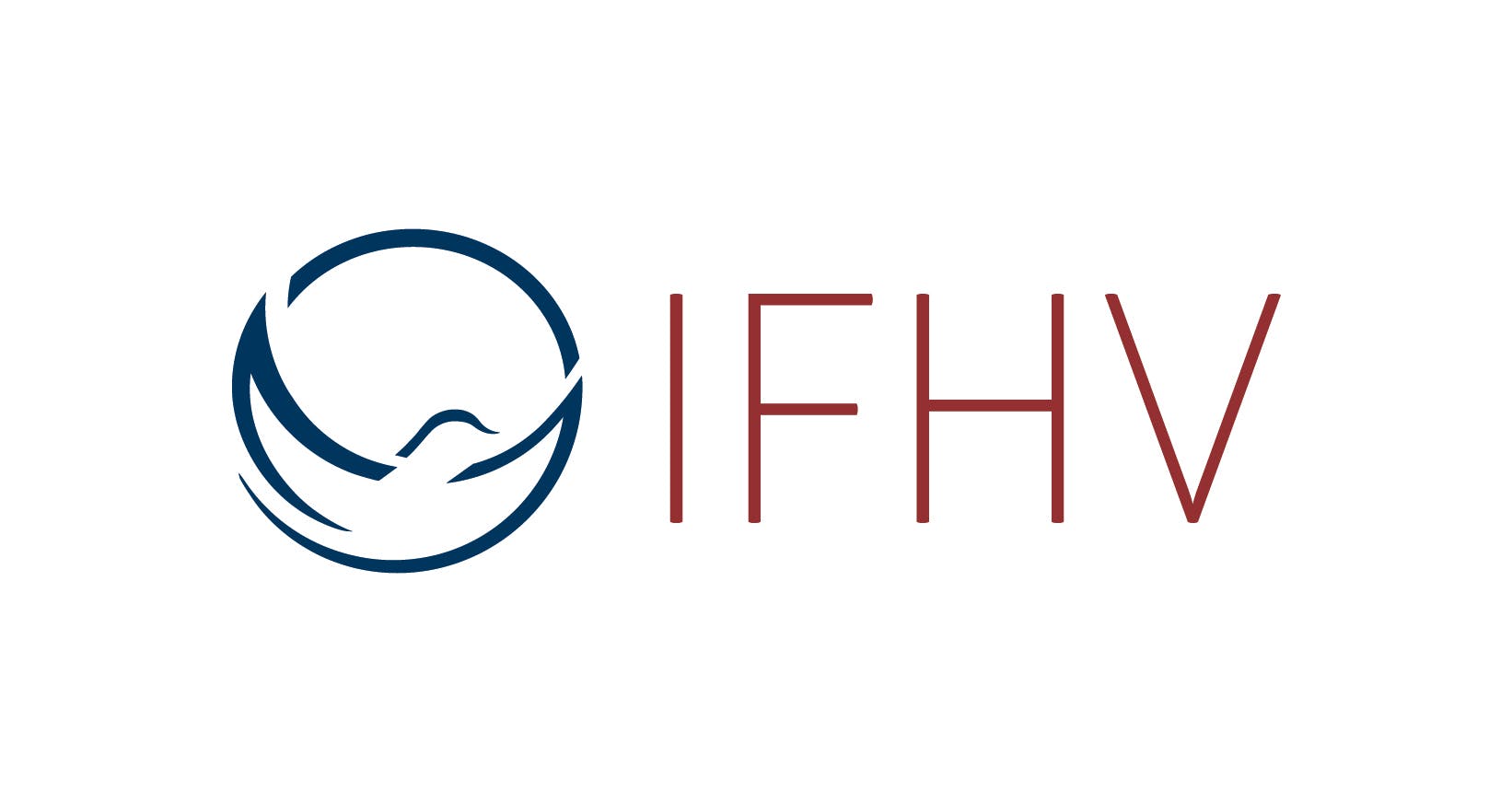International Humanitarian Law in Action: Behind the Scene
Fully booked
Armed conflict and its numerous political, economic and social repercussions are a major driver of humanitarian needs worldwide. In these volatile contexts, International Humanitarian Law (IHL) is one of the primary instruments to protect civilians as well as medical and humanitarian aid workers. This core three-day workshop provides a comprehensive introduction to IHL that is particularly designed for humanitarian professionals. It will help you to better assess the impact of your humanitarian work, better take into account relevant international legal frameworks, the principles of humanitarian action and humanitarian ethics – with a “do no harm” approach –, to the benefit of your decision-making and future practice. It will enhance your capacity with the help of practical examples, 3D animations and videos, exchanges of experience and case-studies.
The course is planned as an online course on 29 November, 1 and 8 December 2022, and includes regular breaks. It is part of the aha's certification program in "Foundations of Humanitarian Action".
You will learn
What International Humanitarian Law (IHL) is, and when it applies
How to apply the basic principles governing the conduct of hostilities to concrete situations
Which means and methods of warfare are legal or not
When to apply IHL, human rights or domestic law
Why it is important to interact with all parties to the conflict to preserve human dignity
How to apply the principles of humanitarian action and ethics to their decision-making and future practice
Target group
Staff of humanitarian NGOs or International Organizations
Schedule
Food for Thoughts: What is IHL?”
IHL as a tool for humanitarian professionals and a branch of public international law, sources of IHL, the necessary balance between humanitarian considerations and military necessity, definition of IHL, jus ad bellum v. jus in bello (United Nations Charter and IHL), to whom does it apply?
Break
When does IHL apply?
What is the material scope of application of IHL: when does it apply (situations of violence v. armed conflict), typology of armed conflicts, applicable law, a concrete example from practice.
Lunch Break
Conduct of Hostilities: Fighting by the Rules
What are the rules and principles governing the conduct of hostilities (principles of distinction, proportionality, and precaution) and how do they apply in practice. Role playing (“Targeting exercise”) where the participants will be put in the shoes/boots of military commanders.
IHL & Weapons: Basic Principles
What are the principles governing the legality and use of weapons. Various examples such as landmines, nuclear weapons, cluster munitions, barrel bombs.
Vincent Sautenet
Lecturer
Vincent Sautenet initially worked as a legal officer at the Appeals Chamber of the ICTR and ICTY (2002-2009). He was then responsible for the legal training sector of the ICRC in Geneva and as such designed and facilitated workshops and training tools for humanitarian practitioners mainly in the field (2009-2015).
In 2016 he created Phoenix VfX, which designs and delivers training tools and workshops for humanitarian professionals and other key actors. Past commitments include workshops for students and humanitarian professionals, innovative training tools and materials for Geneva Call and the ICRC, humanitarian access and negotiation workshops for Conflicts Dynamics International, workshops for UN agencies and partner organisations for OCHR and OCHA around Syria (Amman, Beirut, Gaziantep), children and armed conflict expertise for the first Virtual Summer School organised by the Office of the Special Representative of the UN Secretary-General for Children and Armed Conflict (the OSRSG- CAAC).
29.11.2022 - 08.12.2022
24 hours of training
Online Event
 This training is organized by the Institute for International Law of Peace and Armed Conflict.
This training is organized by the Institute for International Law of Peace and Armed Conflict.